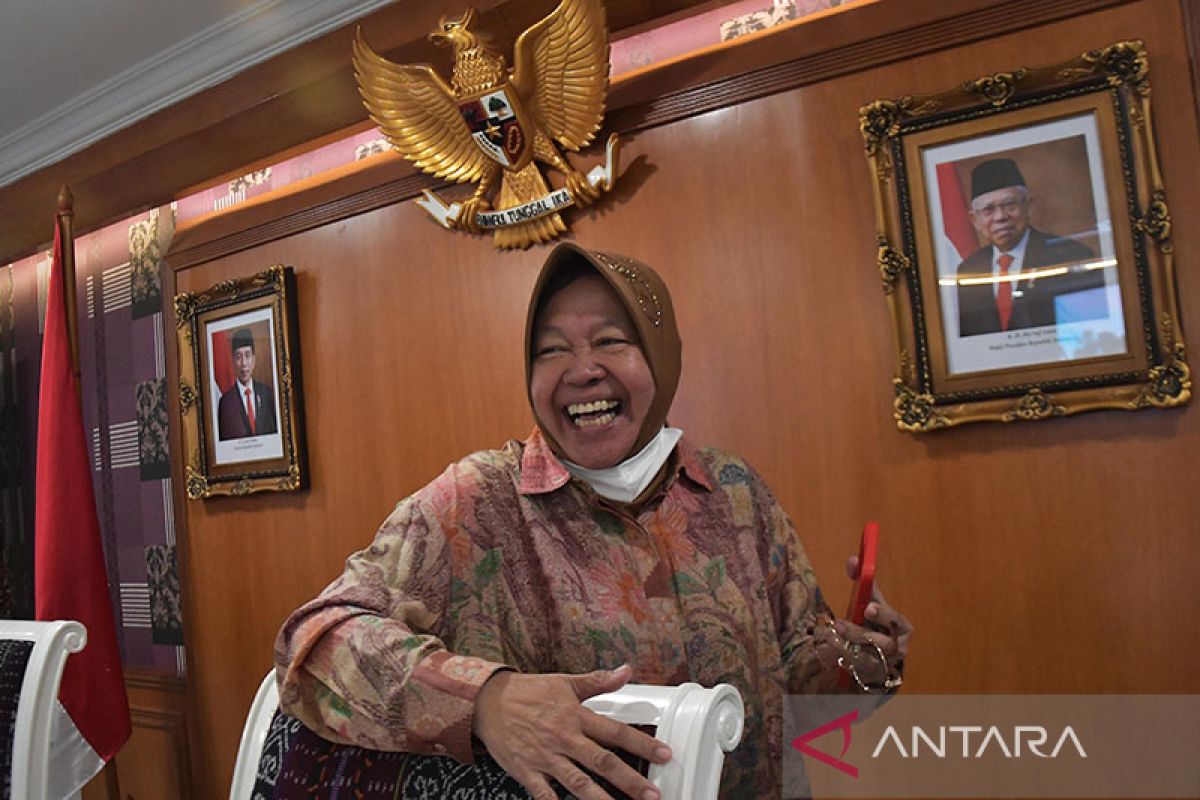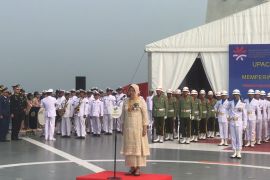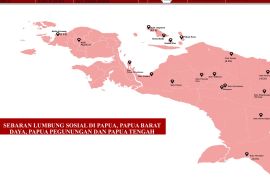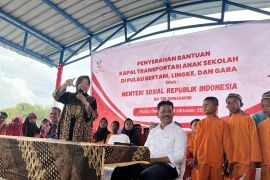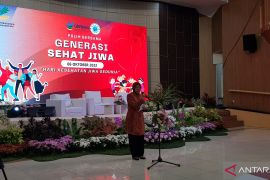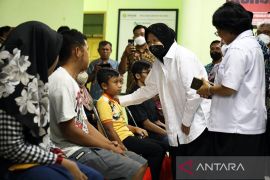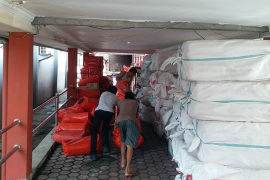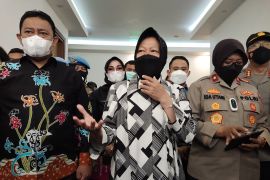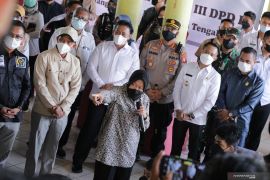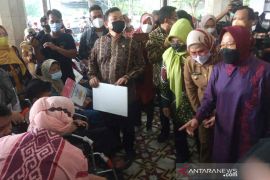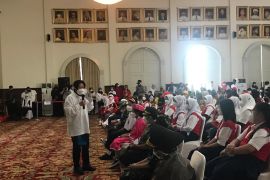During her era, she has intensified cooperation and coordination with law enforcement officials, especially in supervising the distribution of social assistance, she noted in a statement received here Thursday.
"We are working with institutions, such as the Corruption Eradication Commission (KPK), Attorney General's Office, Indonesia's Supreme Audit Agency (BPK), the government’s Development Finance Comptroller (BPKP), Bank Indonesia, the Financial Services Authority (OJK), and the Criminal Investigation Agency (Bareskrim) of the national police (Polri) as an effort to prevent abuse in social assistance utilization," she said.
The minister has also taken various steps to ensure her side adopts the principles of good governance.
To ensure effective supervision, she placed APH in a supervisory position in the ministry's organizational structure. In fact, the position of Acting Inspector General was entrusted to Dody Sukmono, a senior investigator, who had earlier served at the KPK, she remarked.
To continue efforts to prevent criminal acts of corruption, Rismaharini is open to inputs and cooperation with the law enforcement apparatus, including the KPK.
She is upbeat that the KPK would help to strengthen the ranks of the inspectorates within the Ministry of Social Affairs by providing training on both inspection and reporting aspects.
Her statement is in line with the explanation from the National Police Headquarters regarding the Corruption Prevention Task Force's assistance to ministries and institutions, including the Ministry of Social Affairs. Synergy and assistance from the National Police's Corruption Prevention Task Force is a joint commitment in the efforts to prevent corruption.
"Efforts to prevent corruption are a commitment from the National Police to prevent corruption to eliminate the potential loss of state money," member of the National Police Task Force Yudi Purnomo Harahap noted.
The Anti-Corruption Task Force team has worked with the Ministry of Social Affairs since the start of this year. The two parties engaged in intensive discussions on issues regarding the distribution of social assistance related to social protection programs, staple goods, direct cash assistance, and other forms of social assistance.
Both parties conducted dissemination of information, held hearings, and undertook direct visits to the regions when the social assistance was being distributed, Harahap remarked.
On the other hand, Minister Rismaharini has also developed a corruption prevention system within the ministry. To strengthen accountability and transparency in the management of social assistance, she made arrangements and improved the system.
This included by structuring and updating the Social Welfare Integrated Data (DTKS), cleaning duplicated data, and matching data with the National Identity Number (NIK) at the Directorate General of Administration and Population (Aminduk) of the Ministry of Home Affairs.
"Improving the quality of DTKS requires the active role of the local government. In accordance with the mandate of Law Number 13 of 2011 concerning Handling the Poor, the regional government must be updating the data," she stated.
To this end, the ministry is coordinating with the local government to monitor and display beneficiaries' data in each village.
“This aims to ensure transparency in the local environment. The local community can directly monitor the social assistance distribution process," she remarked.
She highlighted that the ministry had also provided a feature on the CekBansos.go.id website for beneficiaries, who had not received the assistance, in order to propose their names.
Related news: Anti-Corruption Village program can improve local welfare: KPK
Related news: AGO names seventh suspect in BTS graft case
Translator: Devi Nindy Sari R, Resinta S
Editor: Rahmad Nasution
Copyright © ANTARA 2023
